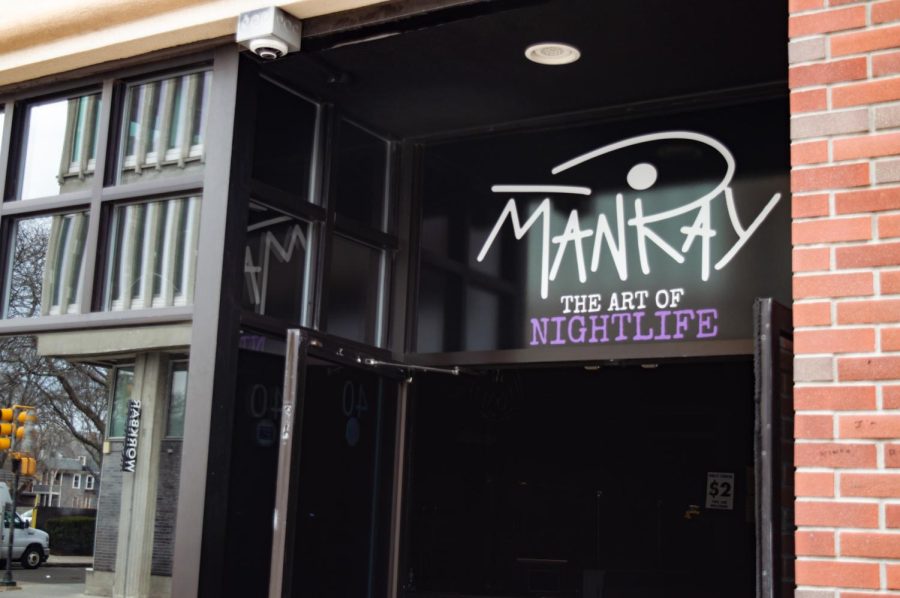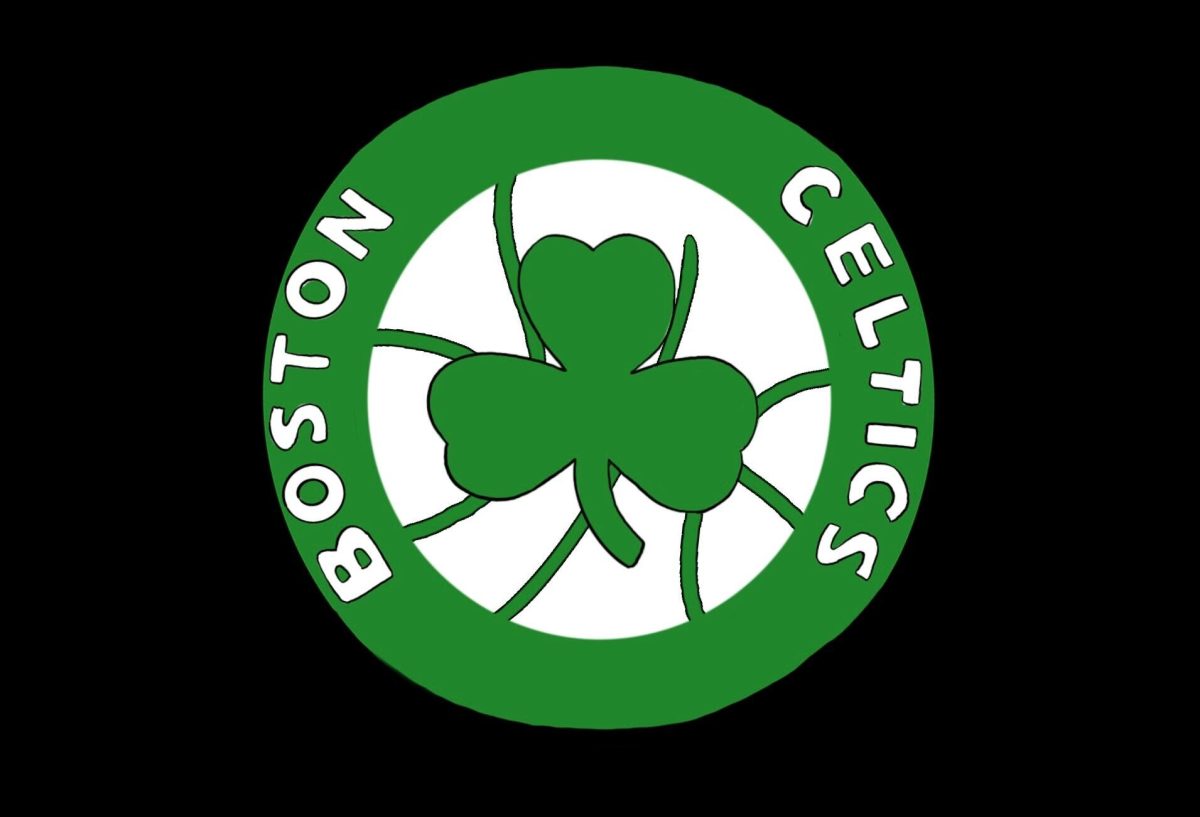Historic ManRay reopens, brings joy to Boston’s queer community across generations
The historic ManRay club reopens, 18 years after its closure in 2005. In the ’80s and ’90s, ManRay was the hotspot for Boston and Cambridge’s alternative queer community.
February 24, 2023
About six years before ManRay closed and 24 years before it reopened, Rob Wilson met his partner at the club.
Wilson, who was 28 at the time, was attending the gay club for the first time. Of the two dance floors in the club, he preferred the one in the back, which played the new wave music of the ‘80s. However, he moved to the first dance floor — playing top 40 hits — throughout the night, where he spotted a hirsute man, who he later realized was dancing with coworkers.
“I worked my way over there and we ended up dancing for most of the rest of the night. We exchanged numbers, kind of chatted for a long time outside the bar. Around two, I think, we got pizza around the corner,” Wilson said. “We chatted a couple of different times over the phone and ended up having a date about a week or two later.”
Wilson and his partner celebrated their 24th anniversary Jan. 28, nearly a quarter-decade after they locked eyes in the club.
In the ’80s and ’90s, ManRay was the hotspot for Boston and Cambridge’s alternative queer community. Its goth, industrial, drag, fetish, lesbian and college nights defined a generation.
“I don’t think a lot of gay clubs or gay bars — at least at that time — [they] didn’t put a focus on the fact that gay people come in all different stripes, and their tastes do as well,” said Chris Ewen, longtime DJ and member of The Magnetic Fields.
Unfortunately, ManRay closed its doors in 2005, when it was demolished to make way for a condo complex. For 18 years, the bar sought a new home. Ewen, along with owner Don Holland and bartender Terri Niedzwiecki, spent much of the following two decades trying to reopen.
“We’ve looked at a lot of places over the years that we thought just weren’t the proper fit. We wanted to reopen again in Central Square or in Cambridge, at least where we were initially,” Ewen said. “It just so happened that a couple of years ago this space opened up. So we decided to go for it.”
The new location, located at 40 Prospect St., formerly the home of comedy club ImprovBoston, is smaller than the original. It has only one dance floor, complete with a built-in stage and two bars with a capacity of 440.
Wilson, who runs the blog BosGuy, focused on “the life and interests of a gay, urban professional from Boston,” has been writing about the long rumored reopening for years as part of his goal to connect Boston’s queer community with events.
“When they finally did reopen, I didn’t believe it. I had to text one of the DJs. I was like, for real?” Wilson said. “Like, is it really happening? Because I’ve made an ass out of myself a few times.”
Although Wilson does not intend on being a regular at the reopened ManRay, citing a change in interest as he has aged, he is thrilled the space will be available for a new generation.
“There’s just so few gay bars. It’s just so few of them,” Wilson said. “And I’m thrilled that they’re bringing back the 19-plus night because, where does somebody go? I mean, Boston has a ton of college students and they deserve to have a place to call their own.”
Sarah Halverson, a junior public relations major at Boston University, who identifies as straight, went to the club on the 19-plus campus night, held every Thursday, and found an older crowd and music than she had expected.
“We were all looking around like, ‘Oh, we’re the youngest people here,’” she said. “I knew some songs, but I feel like some songs were a little bit older. When I first got there, they were playing some older Whitney Houston, but you could still dance to it. It’s just like, you might not know every song.”
Hank Leathers, a fourth-year economics and political science combined major, attended the club the weekend after it reopened and returned the following week. He first went on a Saturday, the ’80s themed “Heroes” night, followed by Friday’s industrial “Chrome” night, both DJed by Ewen.
“People were like all decked out in their all black fits. And I don’t know, it’s kind of cool. It’s a very much ‘you-can-be-yourself’ kind of vibe, which I enjoy,” Leathers said. “Right now, it’s probably my favorite spot in town just because it’s different and fun and not super expensive.”
Wilson, who intends on going to the club once it warms up, fears the scene may not be as compelling to the new generation as it was during his youth.
“The thing that bums me out is that I recognize that maybe Gen Z and millennials don’t view a club or a bar quite the same way that maybe somebody my age does,” Wilson said. “And what I mean by that is you’re so digital first, as a generalization. That physical contact, proximity and engagement actually is a source of anxiety, not a source of comfort for them.”
Ewen, especially after seeing the crowds during the new ManRay’s first few weeks of operation, is optimistic.
“I think with the pandemic and everything, people are realizing that actual human connection and social connection is really important and not something to be taken for granted,” Ewen said. “So I think people are going out more again and finding that human connection, as well as every other kind of connection they might be looking for musically.”
In terms of what is to come, Ewen hopes to continue experimenting by inviting young and established DJs alike. He aims to forge a space for the Boston area’s young queer community without isolating its older residents.
“Everything evolves. I think that what we are trying to do with the club is evolve with the times, but also keep a lot of what made us a draw and a successful place back in the day,” Ewen said. “Playing lots of new music, bringing in lots of new people. Showing different sides of gay nightlife.”







